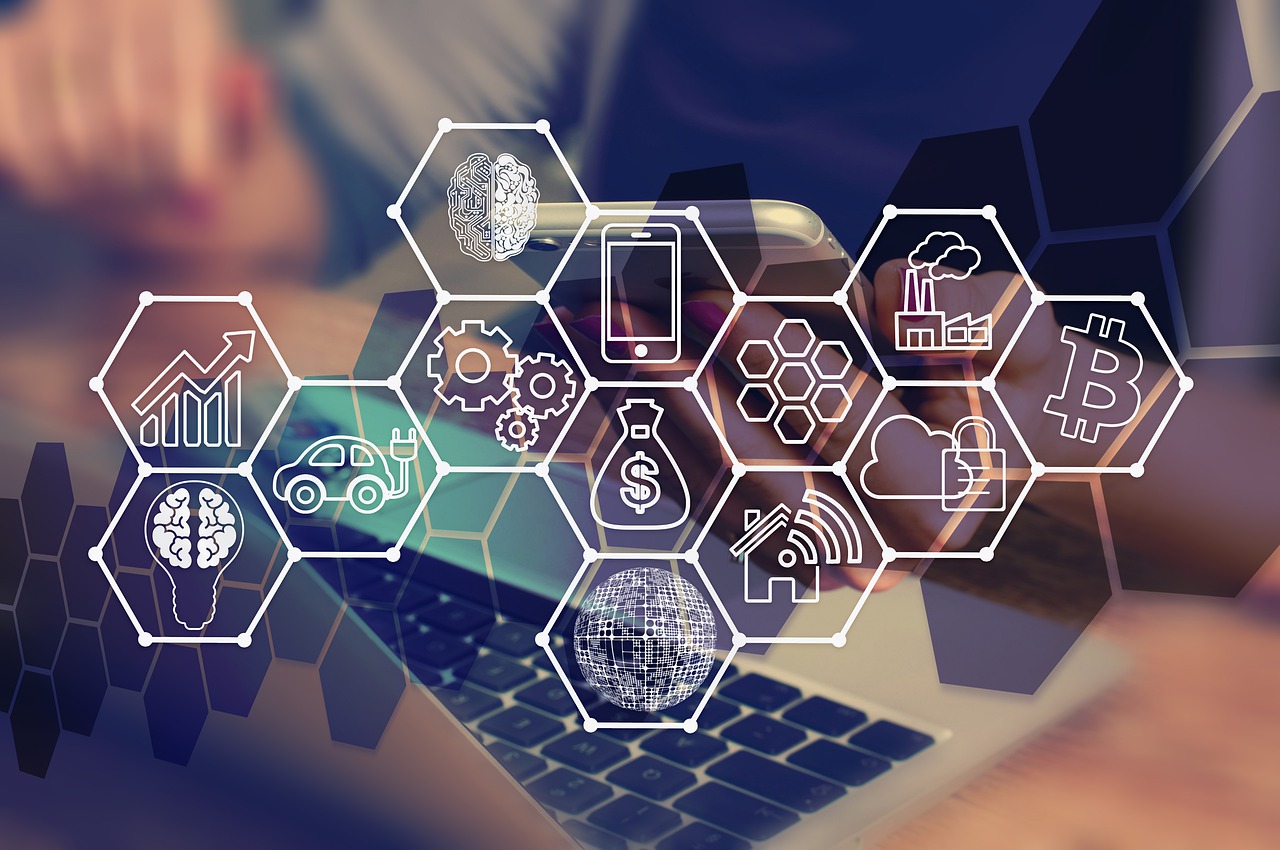Welcome To The Digital Age
Research Proposal
In an ever-changing world, countries will need to rethink their economies to meet the
the demand of their citizens. Questions arise….such as how nations can better allocate resources for their citizens while sustaining growth? To attract and retain top talent, how can organizations win employees over and keep them? On the other spectrum, individuals may soon find themselves lost in the abundance of information & items delivered to their doorstep. A lack of understanding can create issues for employers and governments globally. Therefore it is best to raise awareness for countries, organizations, and individuals to familiarize themselves with advancing technologies because then we can work smarter while making better choices.
In this proposal, I will use scientific literature to show how technology has aided in the growth of economies globally. I will highlight how existing technologies have helped people re-imagine work and not just survive but prosper. Though some people may be more technically inclined than others, I will also demonstrate how the aforementioned individuals have adapted towards Industry 4.0. By showing the impact of tech, we can raise the awareness of the importance of technical education to help solve today’s biggest problems.
Literature Review:
Companies must understand that the importance of the technological shift characterized by Industry 4.0, or
the fourth industrial revolution, or some call the fourth turning. (Hanely et al. 2018) For example, some organizations are researching the impacts of various technologies, such as Smart-devices, to increase efficiency and productivity while staying socially responsible for their employees’ well-being.
Similarly, multiple cities, nation-states, and municipalities are looking to create “smart cities” to take advantage of the multiple opportunities such(IoT) mechanisms can bring, such as waste reduction, reduced transit, and green energy initiatives. (Schwab et al. 2020)
Policymakers must understand that technology will displace more workers in the coming years. Incentivizing various institutions on digital skill training and cross-collaboration can help meet the demand and offset displacement. (Bashay . 2020) Still, many advance such technologies are limited in their reach as broader social components and organizational structures will demand more of a human approach. (Moradi et al. 2020)
Method:
This research proposal is created by performing a methodological review of the current scientific
literature. The proposal will be summarized in three parts as follows:
- Industry 4.0 on the individual
- The effects of technologies on employees in organizations
- The impact on economies with Smart-cities
Discussion:
As both nations and companies move towards Industry 4.0, they must become familiar
with the subject to meet the demand of a digital future. (Tripathi et al. 2021) Organizations must explore technical enhancements to their current business model to remain competitive. (Adamik et al. 2018)
Governments can tailor policies toward a greener future and make positive impacts that stretch well beyond the financial incentives than ever before (Masera et al 2018). With comfortability concerning advanced technologies, individuals can enjoy better, longer, and healthier lives. (Mesko. 2020) It is vital to raise awareness of computing technologies to make smarter decisions collectively. (Arshad et al. 2020)
References
- Hanley, Tim, et al. “The Industry 4.0 Paradox.” Deloitte.com, Deloitte, 18 Oct. 2018,
www.deloitte.com/us/en/insights/focus/industry-4-0/challenges-on-path-to-digital-transformation /summary.html. - Schwab, Klaus, and Thierry Malleret. COVID-19: The Great Reset. ISBN Agentur Schweiz, 2020.
- Bashay, Molly. “Digital Skills for an Equitable Recovery: Policy Recommendations to Address the Digital Skill Needs of Workers Most Vulnerable to Displacement.” ERIC, July 2020, eric.ed.gov/?id=ED607390.
- Moradi, Pegah, and Levy, Karen. (2020). “The future of work in the age of AI: displacement or risk-shifting?” in The Oxford Handbook of Ethics of AI, eds M. D. Dubber, F. Pasquale, and S. Das (Oxford: Oxford University Press), 271–288. doi: 10.1093/oxfordhb/9780190067397.013.17
- Mesko, B. (2020). Digital Health Technologies and Well-Being in the Future. IT Professional Magazine, 22(1), 20-23. http://dx.doi.org/10.1109/MITP.2019.2963121
- Tripathi, S., & Gupta, M. (2021). A holistic model for Global Industry 4.0 readiness assessment. Benchmarking, 28(10), 3006-3039. http://dx.doi.org/10.1108/BIJ-07-2020-0354
- Arshad, M., Farooq, M., Afzal, S., & Farooq, O. (2020). Adoption of information systems in organizations: Understanding the role of institutional pressures in a collectivist culture. Journal of Enterprise Information Management, 33(2), 265-284. http://dx.doi.org/10.1108/JEIM-05-2019-0130
- M. Masera, E. F. Bompard, F. Profumo and N. Hadjsaid, “Smart (Electricity) Grids for Smart Cities: Assessing Roles and Societal Impacts,” in Proceedings of the IEEE, vol. 106, no. 4, pp. 613-625, April 2018, doi: 10.1109/JPROC.2018.2812212.
- Adamik, Anna, and Michał Nowicki. “Preparedness of companies for digital transformation and creating a competitive advantage in the age of Industry 4.0.” Proceedings of the International Conference on Business Excellence. Vol. 12. No. 1. 2018.

